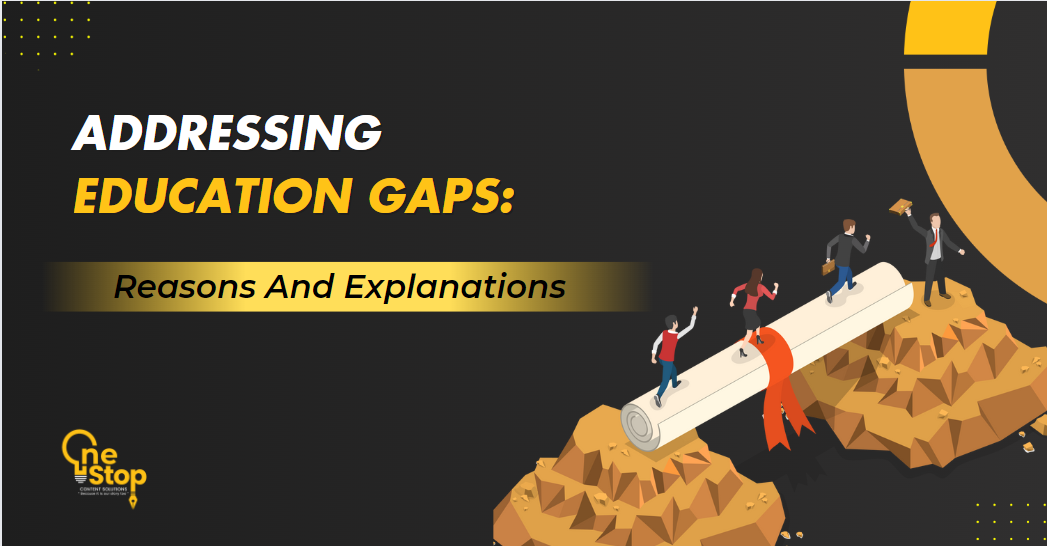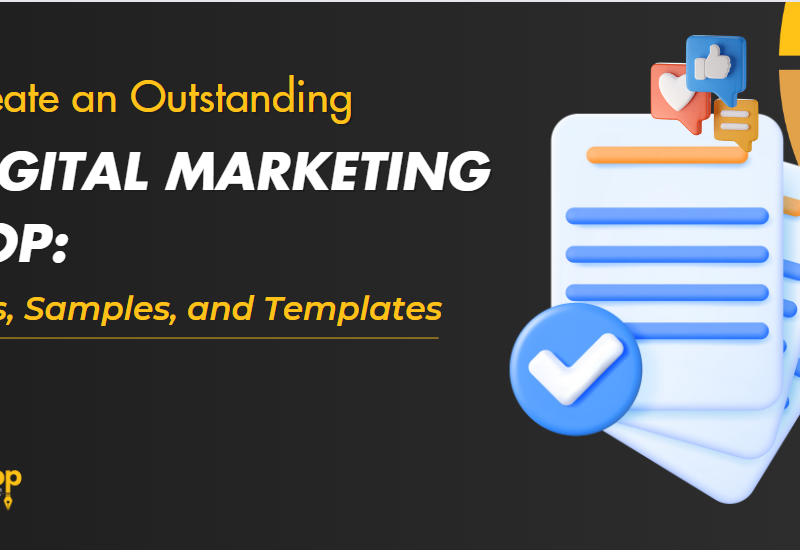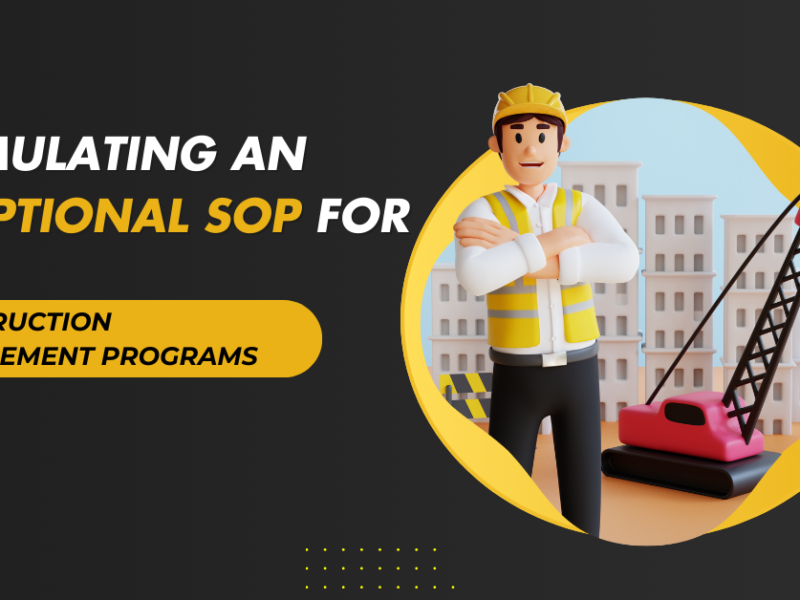Addressing Education Gaps: Reasons and Explanations
In the case of higher education, it’s not uncommon for individuals to encounter periods where their academic journey is interrupted, leading to what is commonly known as an “education gap.” Whether it’s due to personal circumstances, financial constraints, or career opportunities, education gap reasons can vary widely. In this extensive guide, we’ll explore the various scenarios that can lead to gaps in education and provide strategies for addressing them effectively.
Understanding Education Gaps
What Constitutes an Education Gap?
An education gap refers to a period during which an individual’s formal education is temporarily paused or delayed. This can occur at any stage of the academic journey, whether it’s between high school and college, during an undergraduate program, or even during graduate studies. Education gaps can range from a few months to several years, depending on the specific reason for the gap.
Common Scenarios Leading to Education Gaps
Education gap reasons can stem from various personal, financial, or professional circumstances. Some common scenarios that may lead to gaps in education include:
- Taking time off for personal or family reasons, such as caring for a family member, raising children, or dealing with significant life events that require an individual’s undivided attention.
- Dealing with health-related issues or disabilities, including chronic illnesses, mental health challenges, or physical limitations that necessitate taking time off from studies to prioritize well-being and recovery.
- Financial constraints or the need to work to support oneself or a family, such as the inability to afford tuition, living expenses, or other educational costs, may force students to take a break and earn money for their future studies.
- Pursuing career opportunities or exploring alternative paths, which could involve taking on a full-time job in their desired field, starting a business, or engaging in internships or apprenticeships that align with their professional goals.
Read more: How to Write Emails That Drive Sales and ROI?
Reasons for Gap in Education
Personal or Family Circumstances
One of the most common reasons for the education gap is personal or family circumstances. These circumstances may entail situations like caregiving for an elderly parent, the passing of a loved one, or managing major life events such as divorce. These circumstances often require an individual’s undivided attention and can make it challenging to balance academic responsibilities.
Health-Related Issues
Health-related issues, whether physical or mental, can also contribute to gaps in education. Medical conditions such as chronic illnesses, autoimmune disorders, or mental health challenges like anxiety may still necessitate taking a break from studies to prioritize well-being and focus on recovery. Individuals may also need to take a break to undergo medical treatments or therapies that require an extended period of rest and recovery.
Financial Constraints
For many individuals, financial constraints can be a significant reason for the gap in education. The inability to afford tuition, textbooks, living expenses, or other educational costs can force students to pause their studies and work to save money for their future academic pursuits. Economic hardships, job losses, or unexpected expenses can all contribute to financial constraints that necessitate taking a break from education.
Career Transitions or Opportunities
In some cases, individuals may choose to pause their education to pursue career opportunities or explore alternative paths. This could involve taking on a full-time job in their desired field, starting a business, or engaging in internships or apprenticeships that align with their professional goals. While these experiences can provide valuable hands-on learning and networking opportunities, they may also lead to an education gap.
Achieve your career aspirations with a powerful academic documents with our academic services.
Explaining Your Education Gap Effectively
Providing a Clear and Honest Narrative
When addressing an education gap in your application materials or during interviews, it’s essential to provide a clear and honest narrative. Provide detailed explanations of the specific circumstances that precipitated the gap, and ensure transparency regarding the factors that prompted your decision to interrupt your studies. Admissions committees understand that life circumstances can sometimes necessitate taking a break, and they appreciate openness and transparency.
Highlighting Positive Aspects and Growth
While acknowledging the education gap reason, it’s also important to focus on the positive aspects of your experience during that time. Highlight any personal growth, skills acquired, or lessons learned that can contribute to your academic and professional pursuits moving forward. For example, if you took time off to care for a family member, you may have developed valuable skills such as time management, empathy, and strength.
Strategies for Addressing Education Gaps
Continuing Education or Professional Development
An effective strategy for tackling education gaps is to illustrate your dedication to continuous learning and professional advancement. This could involve taking courses, attending workshops, or pursuing certifications related to your field of study or career interests during the gap period. By showing that you actively sought out opportunities to further your knowledge and skills, you can mitigate concerns about falling behind academically.
Emphasizing Relevant Experience and Skills
In addition to highlighting any educational or professional development activities, it’s crucial to emphasize any relevant work experience, internships, or volunteer roles you may have undertaken during the gap in education. These experiences can demonstrate your commitment, skills, and capacity to apply theoretical knowledge in practical scenarios. Highlight specific achievements, projects, or responsibilities that align with your academic and career goals.
Demonstrating Preparedness and Commitment
Another strategy for addressing education gaps is to demonstrate your preparedness and commitment to resuming your academic journey. This could involve discussing your study habits, time management strategies, or any steps you’ve taken to refresh your knowledge or skills in preparation for returning to the classroom. Admissions committees want to see that you have a clear plan and are ready to hit the ground running.
Overcome education gap reasons with our expert guidance at One Stop Content Solutions.
Frequently Asked Questions
How do admissions committees view education gaps?
Admissions committees understand that gaps in education can occur for various legitimate reasons. They typically evaluate each application comprehensively, considering the education gap reason and the applicant’s overall profile, including their academic achievements, extracurricular activities, and future goals. If the gap is addressed thoughtfully within the applicant’s broader experiences, it is less likely to be viewed negatively.
Can an education gap hurt my chances of acceptance?
An education gap itself may not necessarily hurt your chances of acceptance, but how you address and explain the gap can impact the admissions committee’s decision. Providing a clear and thoughtful explanation, highlighting personal growth, and demonstrating your commitment to academic pursuits can help mitigate any potential concerns. However, if the gap is unexplained or raises red flags, it could potentially hinder your chances of acceptance.
What is the best way to explain an involuntary education gap?
If the education gap reason was involuntary, such as health-related issues or financial constraints, it’s important to be honest and transparent about the circumstances. Provide specific details and explain how you overcame or are addressing the challenges that led to the gap. Emphasize any steps you’ve taken to prepare for your return to academia and your readiness to tackle the academic rigors of the program.
Should I address an education gap in my application essay?
While it’s not always necessary to dedicate an entire essay to addressing an education gap, you may want to briefly explain the reason for the gap in education in your personal statement or other relevant application materials. This can help provide context and demonstrate your ability to overcome obstacles. However, be cautious not to dwell excessively on the gap, as you want to maintain a balanced narrative that highlights your strengths and aspirations.
How can I demonstrate my commitment to academic pursuits despite a gap?
To demonstrate your commitment to academic pursuits despite an education gap, highlight any continuing education activities, professional development courses, or relevant work experience you gained during the gap period. Additionally, articulate your goals and explain how the program you’re applying to will help you achieve them. Provide specific examples of your preparation, such as refreshing your knowledge in certain subject areas or developing study habits that will ensure your success upon returning to academia.
By comprehending the diverse causes of education gaps, devising effective strategies to tackle them, and maintaining transparency in your explanations, you can enhance your prospects of navigating the application process successfully and pursuing your academic aspirations. Remember, an education gap is not an insurmountable obstacle but rather an opportunity to showcase your resilience, adaptability, and commitment to lifelong learning.
Have Further Questions? Contact us at our email: @onestopcontentsolutions.com contact no.: (+91) 8505 03 5130




